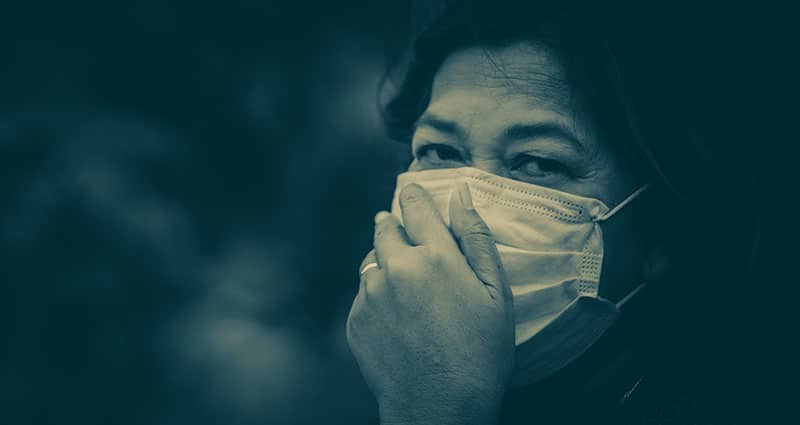If you or someone you love has ever had COVID-19, you might be aware that symptoms can last long after the onset of infection. Symptoms may persist for four to 12 weeks after diagnosis, and sometimes even longer.
Women are more likely than men to experience long COVID-19 symptoms. You should see your doctor when experiencing these symptoms, as some could lead to long-term health issues. Learn why women are more susceptible to long COVID.
What Makes Women More at Risk?
People with long COVID may develop serious health complications affecting different areas of the body. This experience of prolonged symptoms is called “post-COVID-19 syndrome.” Women are susceptible to this condition due to physiological and social factors.
A woman be likely to experience long COVID due to:
- Autoimmune conditions. Your immune system creates many antibodies to combat infection. With some autoimmune conditions, these antibodies may mistakenly attack otherwise healthy tissue.
- Cardiovascular and pulmonary complications. Women have a lower lung capacity than men. It also takes womens’ hearts longer to return to beating at a normal pace following physical activity.
How Long COVID Lasts in Women
Most people with long COVID experience the common symptoms of chest pain and shortness of breath. Nevertheless, women may experience unique COVID-19 symptoms not commonly observed in men. These include:
- Altered smell and taste
- Blood clots
- Changes in menstrual cycle
- Chest pain
- Diarrhea
- Fatigue
- Muscle pain
- Palpitations
- Persistent weakness
- Tinnitus
There are currently no treatments proven to cure long COVID, but your provider can help you manage symptoms in the meantime.




